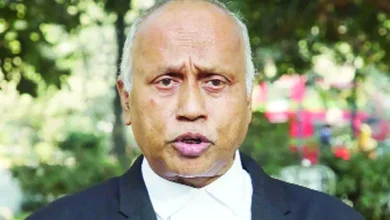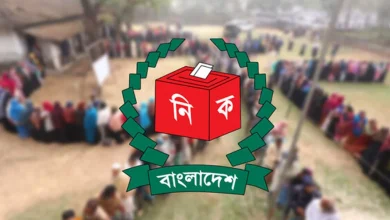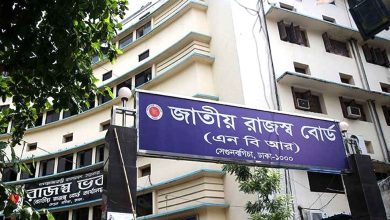FUEL IMPORT BILLS: Private power plants seek Tk 4,000cr in excess

Owners of the country’s private power plants have sought the prime minister’s assistance in settling their claim of Tk 4,000 crore on top of their overdue fuel import bills.
Bangladesh Independent Power Producers’ Association (Bippa) reasons that they were having to incur huge losses for currency devaluations as the government had not paid them on time.
According to the organisation, the overall overdue bills amount to over Tk 23,000 crore.
“We are suffering greatly from delayed payments from the PDB,” said Bippa President Faisal Karim Khan recently.
“Gas plants are now receiving January’s payments and HFO (heavy fuel oil) plants March’s payments. The PDB is contractually obligated to pay within 30 days,” he said.
It is becoming impossible to open letters of credit, he said.
“While we receive revenue at the Sonali Bank rate of Tk 111 per US dollar, banks are charging us over Tk 120 per US dollar for LC settlement and loan repayment. This is not sustainable,” he added.
On November 5, Bippa sent a letter to the Prime Minister’s Office seeking an appointment with the prime minister to share some “unprecedented set of challenges in recent times”.
They mentioned one of the challenges to be the PDB’s delayed payments.
“We would like to humbly bring to your kind attention the specific issues and obstacles hindering the efficiency and sustainability of power generation due to the extremely delayed month bill payments by the PDB,” stated the letter.
The delayed payments by the PDB are bankrupting the independent power producers as they are bearing high interest costs for working capital to continue operations as well as suffering from the depreciation of the taka against the US dollar, it added.
A Bippa member even claimed that when they had met the PM last year, she had instructed the authority concerned to settle the matter, albeit not retrospectively, rather from that point in time.
In turn, Bangladesh Power Development Board (PDB) has refused to pay the Tk 4,000 crore, citing that there are no such provisions in the agreements concerned.
Clause 13.1(d) of the power purchase agreements mention that “true-up payment” will be applicable in paying capacity payment and energy payment, said a PDB official.
“But there are no such provisions in the case of fuel import bills,” said the official.
A “true-up payment” refers to a payment made to adjust or reconcile a difference between an estimated or provisional amount and the actual or final amount that is owed or should have been paid.
Any such payment requires signing separate agreements with the private power producers in this regard, said the PDB officials.
Even if a Tk 1 devaluation is counted, the PDB will lose around Tk 20 to Tk 25 crore for each month, they said.
Moreover, such a payment will disrupt subsidy allocations from the government’s budget for the power sector, said the PDB officials.
“The owners are putting pressure on us and the high-ups,” said a top PDB official, wishing anonymity.
Earlier in September 2022, the power division had asked the finance division to settle the matter but were informed that it was not possible.
The PDB officials said there were around 60 HFO (commonly known as furnace oil)-based power plants of independent power producers, of which around 40 import the fuel by themselves.
SM Wazed Ali, member (production) of the PDB, told that top officials were now dealing with the issue.
“Our actions are in line with the provisions in the agreements,” he said.
Asked about the agreements, Bippa President Faisal Karim Khan said, “It’s not a question of whether we deserve it or not. If the PDB had paid on time, we would not have any claims.”
“For example, on bill due date the exchange rate is Tk 100 per US dollar. But when the PDB pays us 6 months later, the exchange rate is Tk 110 per US dollar. Who should bear this Tk 10 per US dollar gap?” he asked.



